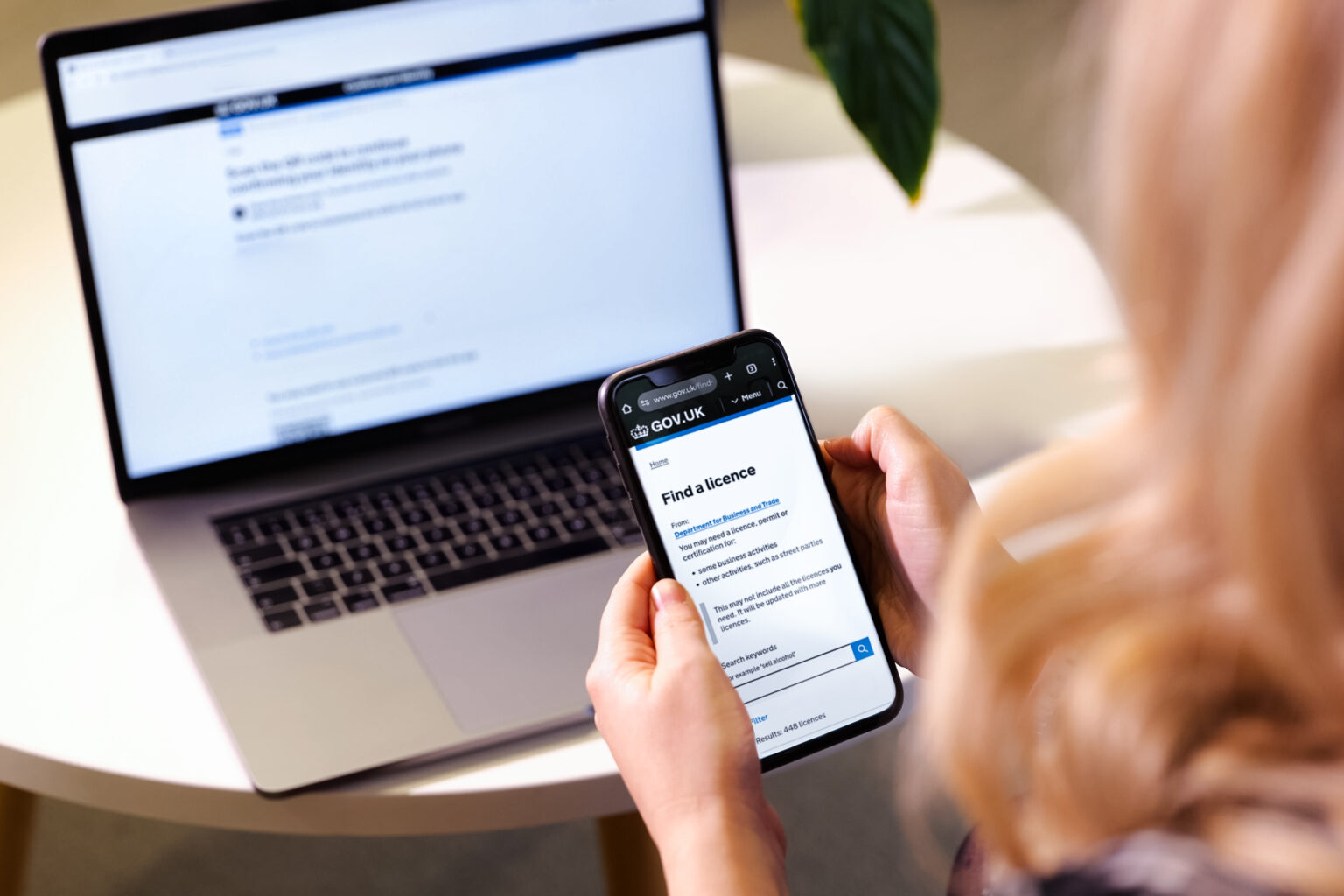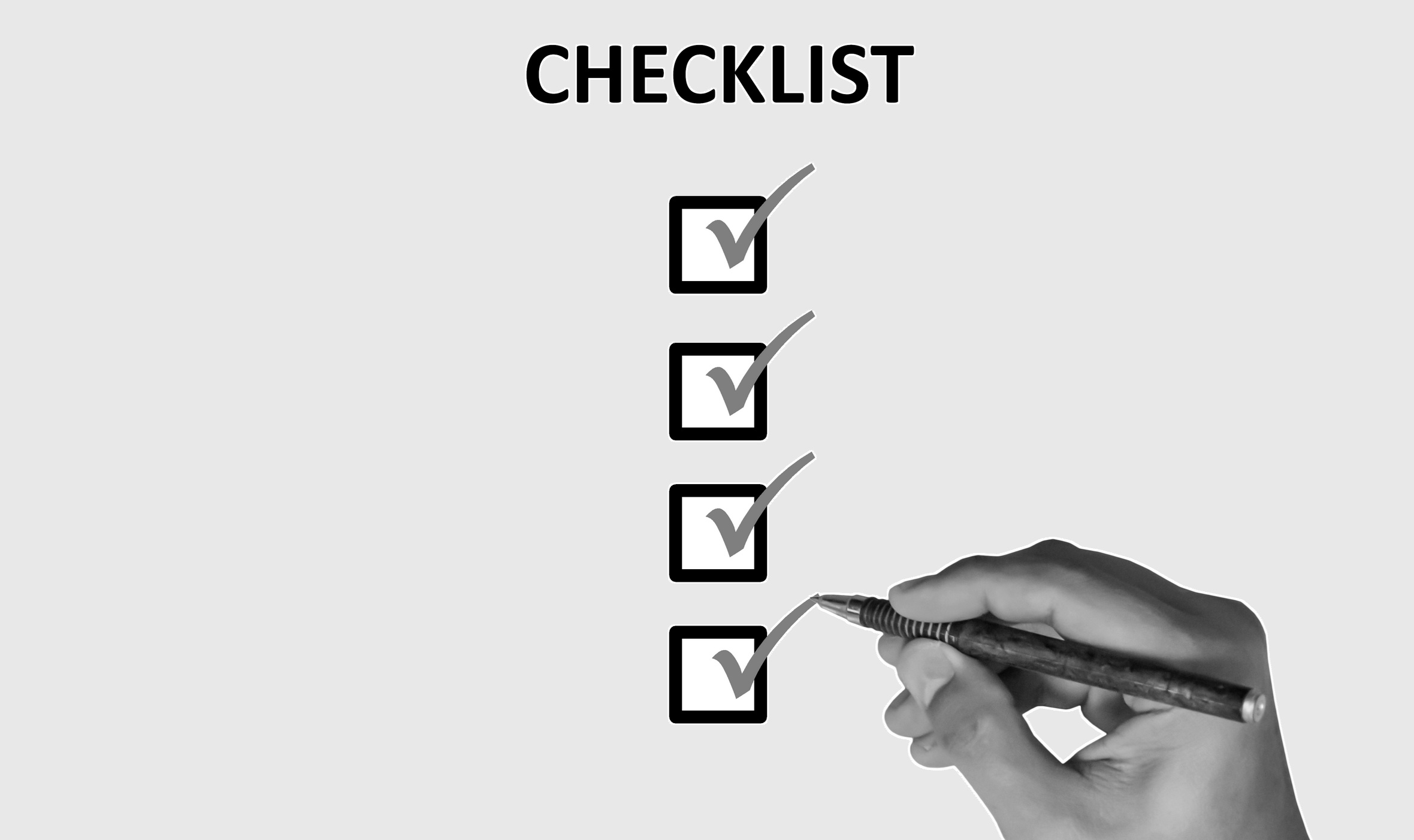The public has become more amenable to allowing the government access to online accounts like Facebook and PayPal in order to help it verify who they are, according to research by the Open Identity Exchange.
Facebook could be used to prove you are who you say you are – Photo credit: Flickr, Sarah Marshall
The work was carried out with six partners, including the Government Digital Service and Veridu, and assessed whether social networks and online accounts would be suitable evidence when creating a digital identity, such as the government’s GOV.UK Verify.
It found that there had been a “significant change” in users’ willingness to allow access to online accounts in order to verify their identities, when compared with a similar study in 2013 – which identified a general lack of understanding of the process and concerns about privacy.
In addition, an alpha test to see whether such a verification system would work was deemed successful and the OIX report recommended that it be developed into a commercial beta service.
Related content
GDS must consider different data sources for GOV.UK Verify, says TechUK
GOV.UK Verify service launches this week
The idea behind the research is to increase the number of people who are able to register for such services – the government wants to see 90% of people who need to use GOV.UK Verify being able to by the end of the year.
At the moment, the certified companies that carry out identity checks often rely on credit history to measure activity history, but this can prevent some people – particularly young people or immigrants – from using the service.
Social networks and online accounts offer a solution to this, with research commissioned by the GDS found that 52% of UK adults have a social media account they use at least once a month. It estimates that GOV.UK Verify coverage could increase by 9% overall and by 38% for people aged between 16 and 25 if it used social media activity.
The OIX research involved 12 face-to-face interviews with users followed by a round of internal testing by 86 participants of a gateway that was developed by Veridu specifically for the project.
PayPal most trusted
The user testing found that all participants understood the concept of identity verification – a big increase on the 2013 work, which the report said could be due an increased use of e-commerce transactions – and two-thirds said they would use the service.
Most people – 36% – in the first round of testing chose PayPal as their first option to verify their online activity, which the report suggests could be due to its association with banking and the fact it doesn’t contain social data.
The report said that Facebook elicited the most emotive response, with many saying they would not want the government or the third part company carrying out the tests having access to the information in their Facebook accounts.
Despite this, 18% of testers chose Facebook as their first choice, which the report said could be because people are often continuously logged-in to the site as well as the use of Facebook Connect to log in to other services.
LinkedIn was the most popular second choice – 30% of all second choices – which the report said might be because it has limited personal data and is seen as storing work information. Meanwhile, Twitter and Dropbox were not chosen by any users.
The report added that by offering participants a range of options – rather than only Facebook – it allayed concerns about companies or the government wanting access to personal information.
In the second phase of the research, 86 volunteers – most of whom were aged between 25 and 44 – used a test system developed by Veridu to see whether such online accounts could be used to verify identities.
The pass rate for the 180-day activity threshold – which is the standard required by GOV.UK Verify – was 82%, while the 360-day pass-rate was 60%. There was little difference between men and women in the shorter period, but for the longer time period it was 55% for men and 70% for women.
Scale-up recommended
The OIX report recommended that Veridu work with certified companies to develop the test so that it satisfies government verification standards and can be scaled up.
Meanwhile, the GDS said in a blogpost that uit was taking forward a number of projects with private sector bodies to see how they can improve GOV.UK Verify’s coverage.
It added that it was interested in hearing from others who are developing similar identity services from new data sources.
The publication of the research follows calls from the representative bodies for tech companies, TechUK, for GDS to increase the data sources it uses for verification as it expands the system to local government.
It said that the current standards for authentication are “likely to be too high for most local government services” and needed to be revised.




What’s up every one, here every person is sharing such experience,
thus it’s nice to read this blog, and I used to go to see this weblog
daily.
We stumbled over here coming from a different website and thought
I should check things out. I like what I see so now i am following
you. Look forward to checking out your web
page yet again.
Sweet Bonanza Slot: Een Populaire Keuze Onder Nederlandse Spelers
De vrolijke en betoverende Sweet Bonanza gokkast heeft de
harten van Nederlandse spelers voor zich gewonnen. Het
is daarmee een van de meest gespeelde keuzes in virtuele casino’s
in Nederland. Deze slot, ontwikkeld door Pragmatic Play,
combineert levendige graphics, innovatieve spelmechanieken en de kans op flinke winsten. Laten we ontdekken waarom deze
zoete sensatie een lieveling is onder Nederlandse casino-enthousiastelingen.
Een Wereld Vol Snoepgoed
Met een setting vol lekkernijen trekt Sweet Bonanza spelers aan met zijn vrolijke ontwerp en vrolijke
soundtrack. Het spel heeft een 6×5 grid en maakt gebruik van het
“cluster pays”-systeem, waarbij spelers worden beloond voor
het landen van bundels dezelfde afbeeldingen waar dan ook op de reels.
Van lekker fruit tot vrolijke snoepjes, elke
draai biedt een unieke ervaring dat spelers volledig onderdompelt in deze suikerzoete wereld.
Kenmerken die Plezier Brengen
Wat Sweet Bonanza echt uniek maakt, zijn de creatieve spelmechanieken. De “cascading reels” zorgen ervoor
dat symbolen met winst verdwijnen en plaats maken voor nieuwe, waardoor spelers
opeenvolgende prijzen kunnen behalen met één draai. Daarnaast introduceert de gratis spins-ronde, geactiveerd door vier of meer bonussymbolen, de krachtige vermenigvuldigingsbommen.
Deze vermenigvuldigers kunnen winsten dramatisch verhogen, wat
zorgt voor een spannende ervaring voor Nederlandse spelers die
op zoek zijn naar substantiële beloningen.
Geschikt Voor Alle Portemonnees
Nederlandse spelers waarderen de toegankelijkheid van Sweet Bonanza, omdat het spel toegankelijk
is voor verschillende budgetten. Spelers kunnen de betinstelling aanpassen, zodat zowel
gelegenheidsgokkers als professionals van het spel kunnen genieten. Bovendien biedt de slot een optie om
de speelwaarde te verhogen voor extra kansen in ruil voor een grotere kans om de bonusronde te activeren, wat een extra uitdagend element toevoegt.
De Redenen Voor Succes in Nederland
De aantrekkingskracht van Sweet Bonanza in Nederland ligt in de ideale combinatie van plezier en winstmogelijkheden. Nederlandse spelers voelen zich gefascineerd door de enerverende gameplay,
het prachtige thema en de kans op mooie uitbetalingen.
Veel digitale goksites bieden deze slot prominent aan, waardoor het een favoriet
is voor liefhebbers die op zoek zijn naar een spannend en belonend spel.
Of je nu nieuw bent in de wereld van digitale gokkasten of een doorgewinterde speler bent,
Sweet Bonanza biedt een heerlijk avontuur vol spanning en kansen.
my website; karwei (https://rematesdixon.com/)
Hello, I do think your website may be having
internet browser compatibility problems. Whenever I take a look at your web site in Safari,
it looks fine however, when opening in IE, it has some overlapping issues.
I just wanted to provide you with a quick heads up!
Other than that, great blog!
Does your website have a contact page? I’m having trouble locating it but, I’d
like to shoot you an e-mail. I’ve got some creative ideas for your blog you might be interested in hearing.
Either way, great website and I look forward to seeing it grow over time.
Cashify helps you Sell phone online at the best prices.
Hello! I could have sworn I’ve been to this website before but after browsing
through some of the post I realized it’s new to me. Anyhow, I’m definitely happy I found it and I’ll be
book-marking and checking back often!
The user has to choose the video quality by clicking in the lower right corner of the tool.
Abra-o em uma nova aba, clique com o botão esquerdo do mouse e depois em “copiar” (ou use o atalho ctrl + c do teclado).
Kanuna aykırı ve izinsiz olarak kopyalanamaz, başka yerde yayınlanamaz.
3 – Acesse a página de vídeos privados do GetFbStuff e
cole o código copiado.
Descobriu no Marketing uma paixão pela comunicação, onde exerce seu trabalho produzindo conteúdo sobre finanças pessoais, produtos e serviços financeiros utilizando as técnicas de SEO.
Hal ini bikin saya tidak perlu repot login, sekaligus menjaga
keamanan dan privasi akun Instagram.
Hasta la fecha, Tiktok ha sido utilizado por más de 100 millones
de usuarios de todo el mundo.
Selain memberikan fasilitas gratis untuk mengunduh video, kamu juga bisa memilih format lain, yaitu
MP4 dan MP3.